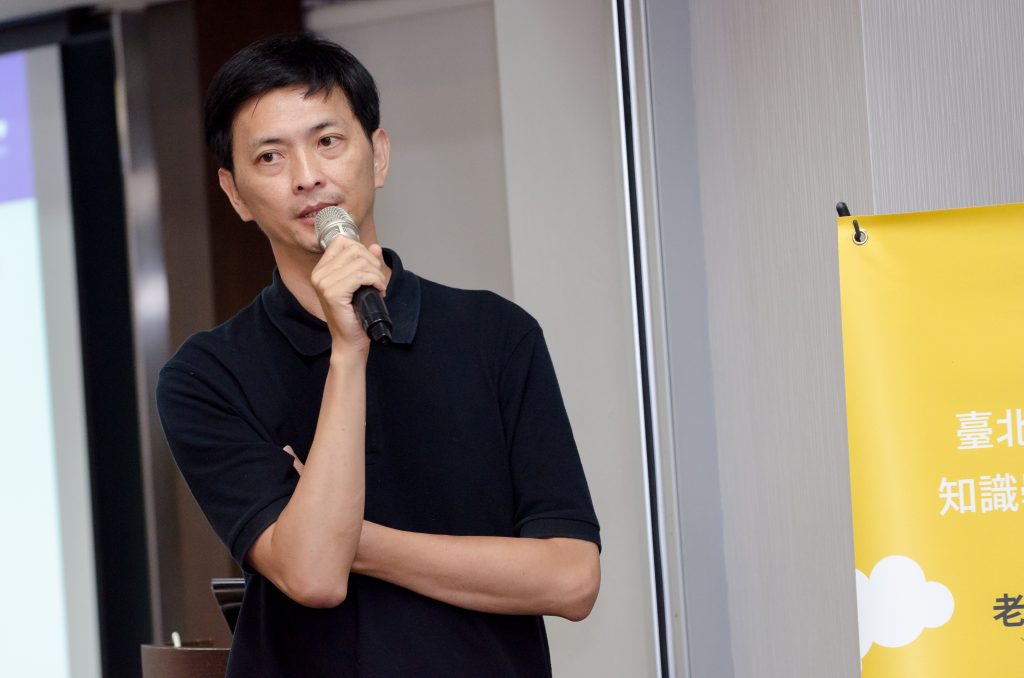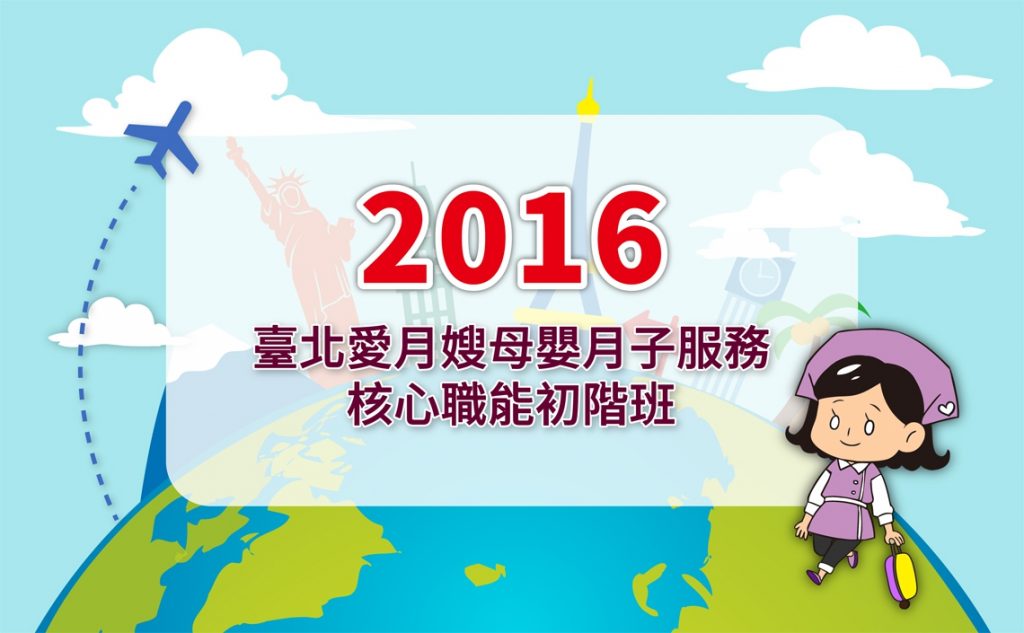iAunty’s secret to O2O: supply, demand and trust
Translated by 半月
“So, how are Taiwan-based O2O groups doing? ”
Since 2013, Internet access for mobile devices has become so stable and fast for O2O service to grow rapidly. It seemed like the golden age of O2O. However, this did not seem to last long. In 2015, from catering service, cosmetics to the automobile industry, no one managed to escape from the crisis. The US-based O2O Housework pioneer, Homejoy, despite their investment in the U.K., Germany and France and the accumulated capital exceeding 40 million US dollars, closed in July, 2015. Alfred, the winner of Echelon, entrepreneurial competition in Singapore, announced that their decision of closing their O2O parking service this January.
What has changed in the past two years in O2O market?
Was it the problem of O2O business model? Maybe O2O is not the magic solution to everything. In August, we invited the Lawrence Lin, founder of KumaWash laundry service, and Jack Tseng, founder of Chinese Postpartum Maternal Care service provider iAunty, to talk about their O2O business.
Traditional Postpartum Maternal Care and O2O
“If you want to do O2O, keep in mind that you need to please both the supply and the demand side. It took me some time to come up with a plan on that.” Before founding iAunty, Tseng worked in the IT department in real-estate industry. He did not see the opportunity in the postpartum maternal care market until his wife had their first baby.
At the time, he realized the information on the Internet was far from satisfying. It seemed to be a blue sea market. Thus, the iAunty platform, dedicated to mothers and postpartum maternal caregivers, was born. Their service includes mother-baby caregiving and meals. Today, we can see Aunties in 8 countries, 59 cities. They even have an office in England now.
(See more about iAunty’s story: iAunty Gets Chinese Postpartum Maternal Care Online: An example of O2O company in traditional industry)

Three Steps for to successful O2O business: Supply, Demand and Trust
As for domestic postpartum maternal caregiving, there were pains on both the demand and supply side.
<Pains on the demand side>
1. Young mothers do not live with their mothers (-in-law). They have no one to ask about how to take care of themselves after the birth of babies.
2. After twenty of thirty years, even these “grandmas” are not familiar about postpartum caregiving.
<Pains on the supply side>
1. Lack of trust. It requires an amount of trust to welcome a caregiver home to take care of the mother.
2. Lack of source. Caregivers may not be familiar with the Internet. They have problems being found by clients.
3. Lack of training. It is important for caregivers to be well trained so that they can provide satisfying service.
4. Marketing and community management.
Supply first or demand first? It is just the classic Chicken and Egg problem.
Tseng followed the example of Airbnb‘s founders who rent their own department as the very first supplier on the platform. The first Aunty, or postpartum maternal caregiver was his wife. “After solving the problem on the supply side, we needed to find people who needed this service. I used 3 tools for this: website, blog and social media. Mothers and Aunties read article on the Internet or line. However, it was hard to organize information this way. Thus, we then used blog and website to integrate information. Also, we had information posted on fan page, trying to attract consumers to our own web page. Once we got some data, we started to analyze them.”
After 6 months of hard work, iAunty got its first client. With the help of Facebook advertising, the business started to grow. “It’s important to balance the supply and demand in O2O. However, our supply hasn’t yet meet the demand for Aunties!”
According to Tseng, especially when dealing with people, connection is important. Here, he again took Airbnb’s example on social connection. They ask for permission on using user’s data on social network and make effort on owner identification and evaluation. “The content on social media are provided by ourselves. We uses license and certificate to build our image as a professional service provider. After gaining trust, business will go up. Other suppliers will also be willing to collaborate with you in E-commerce.”
The cycle of supply, demand and trust.
Find the right person and provide good service.
There are Aunties provide postpartum maternal care service in 59 cities in 8 countries. The advantage is that overseas markets do not have problems like low birth rate in Taiwan. However, would it be difficult to manage this international business?
“People is always the key. We take order in Taiwan and send Aunties abroad. If we can find the right person to provide good service. There is really not much to manage. The best management is doing nothing. ”Tseng believe that if the person is right, little management is needed. iAunty has been founded for three years and there were only two cases of Aunty returned. This is in part because of their effort on creating a good training system. iAunty collaborated with Cheng-Shiu University on an Aunty training program. They are in the second term now and have very positive feedback. These serve as the basis of their brand.

“If there are problems, you need to go solve them for clients. The platform is our brand. We never let Aunties solve problems alone.”
Disintermediation has been considered the key concept in O2O business models. However, what if mothers just go find Aunties without the aid of the platform? According to Tseng, low frequency demand can be harmful to business. However, it is beneficial in this case.
“Mothers only have the need for Aunties every 3 or 4 years. It is difficult for them to go back and find the previous caregivers for help. On our platform, we make reservations 6 months in advance. These reservations seldom change at the last minute.”
Want to start up an O2O business? Look for cash and inelastic demand
“What are things you can’t avoid in life? Birth, aging, diseases and death. I am doing a business about giving birth to new lives. However, I am interested in death as well. How do we prepare for funerals? The cost of a funeral can range from 30,000 to 700,000 NT dollars. Maybe we can put funeral service providers on a platform and have a transparent mechanism for charging fees. Maybe this can work, too!”
中文版連結
Cover photo: PanX











留言討論